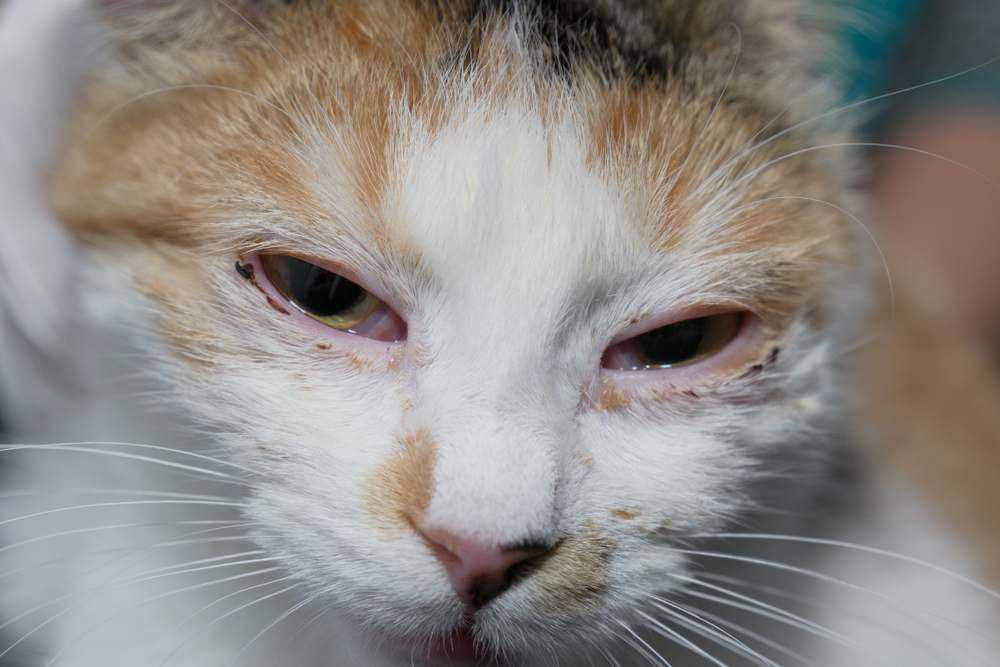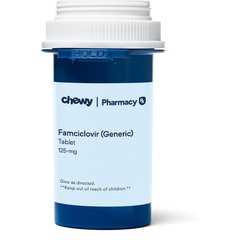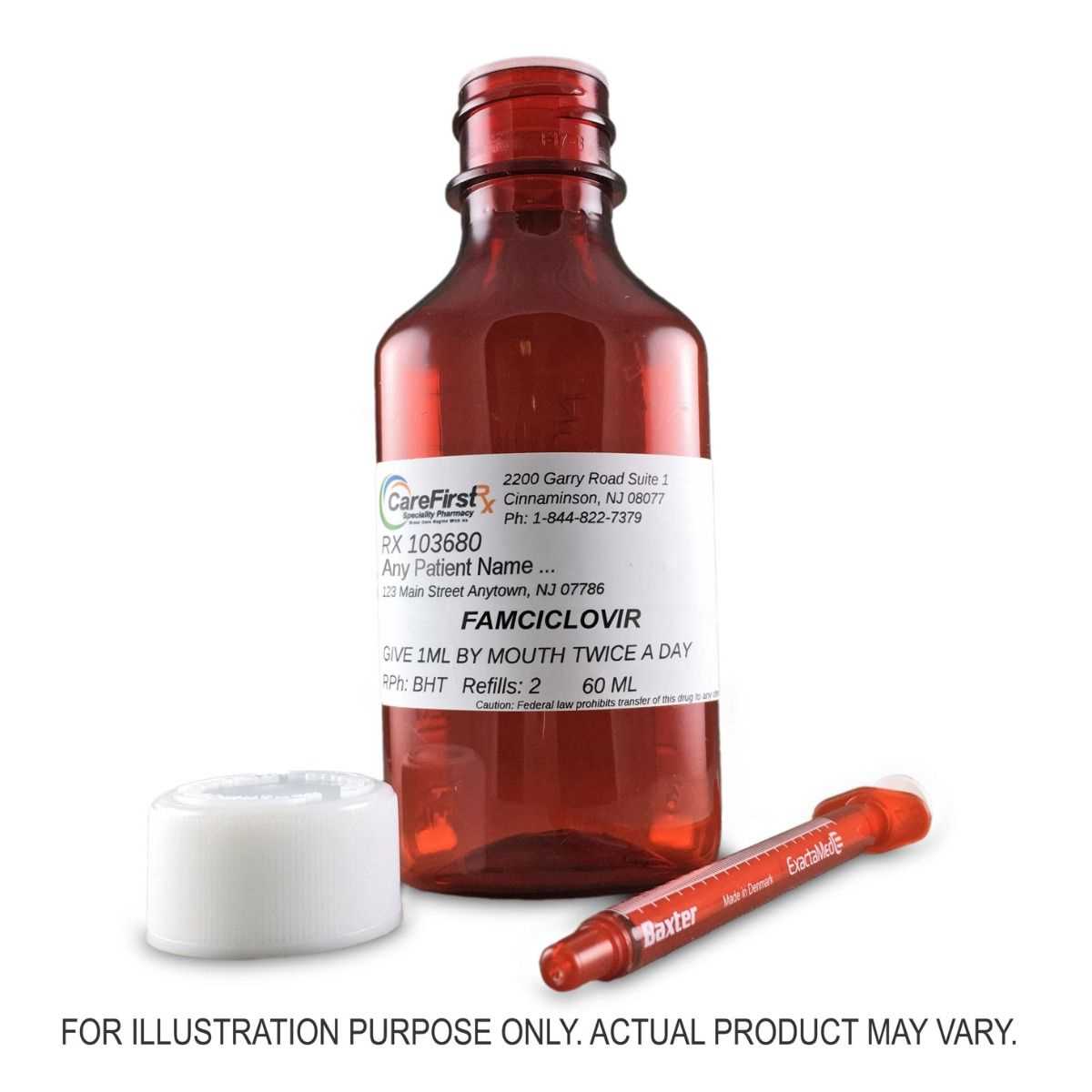

Directly addressing the question: it’s not advisable to smash this antiviral medication intended for treating viral infections in felines. The integrity of the compound could be compromised, affecting its absorption and efficacy. Always consult with a veterinarian before making any modifications to prescribed treatments.
Some medications have coatings that facilitate their passage through the digestive tract, and altering their form may lead to unintended consequences. If your human struggles with administering the tablet, there are alternative methods available, such as mixing it with a favorite treat or using specially designed pill pockets.
In instances where my fellow furry companions are sensitive to medications, it’s crucial to seek professional advice. Vets may have access to liquid formulations or alternative therapies that can be more suitable for delicate tummies. Remember, the goal is to ensure our health without unnecessary stress during administration!
Crushing Medication: What You Need to Know
It’s not recommended to alter the form of medication without consulting a veterinarian. While some medications can be safely modified, others may lose their effectiveness or cause adverse reactions when manipulated. If you think about changing how a pill is administered, always seek guidance from a professional who understands the specific needs of your furry friend.
Alternatives to Crushing

If pills seem too tricky to give, consider exploring alternative methods. Liquid formulations or flavored options often exist that may be easier to administer. Some pet pharmacies offer compounding services, which can create a version of the medication that is more palatable. Discuss these alternatives with a veterinarian for the best solution tailored to your companion’s health.
Consulting Your Veterinarian

Engaging with a veterinarian will provide clarity regarding the best practices for medication administration. They can offer practical advice, ensuring that treatment remains effective while minimizing stress for both you and your beloved pet. Prioritize their expertise to maintain your companion’s health and well-being.
Risks and Benefits of Crushing Famciclovir for Feline Administration
Crushing medication designed for my kind may lead to complications. While it might seem like a simple solution to ease ingestion, there are several risks involved. One major concern involves the accurate dosing; crushing can alter the medication’s intended effects, potentially leading to underdosing or overdosing. This can impact treatment efficacy and may lead to drug resistance.
Another risk lies in the formulation itself. Some medications contain binders or coatings that are not meant to be broken down. These components can affect absorption and may cause gastrointestinal upset. Additionally, if the pill is intended to release slowly, crushing it could lead to a rapid release of the drug, which may cause adverse effects.
Potential Advantages
On the flip side, there are benefits to this method. For those of us who resist swallowing whole pills, a crushed form mixed with food can improve compliance. This is especially useful in a home environment where stress-free administration is a priority. Moreover, when correctly done, it can enhance palatability, making it easier for us to take our medicine without a fuss.
Conclusion

Discussing options with a veterinarian is crucial before deciding on this approach. They can provide guidance tailored to individual health needs. Always explore alternatives that maintain the integrity of the treatment, ensuring our well-being. For more on potential hazards in our environment, check out are bluebonnets toxic to cats.
Proper Techniques for Administering Crushed Medication to Felines
To safely give crushed medication to my feline friends, I recommend using a pill crusher or mortar and pestle to ensure a fine powder. This helps avoid any large chunks that might be unpalatable. Always double-check with a veterinarian to confirm that the specific formulation can be altered.
Mix the powdered form with a small amount of palatable food, such as tuna or wet cat food, to mask any unpleasant taste. It’s crucial to ensure the entire dose is consumed, so observe your furry companion closely during feeding. If your buddy leaves any behind, gently encourage them to finish it or consider using a syringe with water to ensure hydration afterward.
Timing is also key; administer the medication at the same time each day to establish a routine. Some of my friends might need a little extra coaxing, so be patient. If they resist, try different flavors or textures of food to find what works best for them.
Always wash your hands before and after handling any medication and utensils to maintain hygiene. If any adverse reactions are observed after administration, contact a veterinarian promptly. For more insights on feline care, check out this link: how long do house cats live for.
Directly addressing the question: it’s not advisable to smash this antiviral medication intended for treating viral infections in felines. The integrity of the compound could be compromised, affecting its absorption and efficacy. Always consult with a veterinarian before making any modifications to prescribed treatments.
Some medications have coatings that facilitate their passage through the digestive tract, and altering their form may lead to unintended consequences. If your human struggles with administering the tablet, there are alternative methods available, such as mixing it with a favorite treat or using specially designed pill pockets.
In instances where my fellow furry companions are sensitive to medications, it’s crucial to seek professional advice. Vets may have access to liquid formulations or alternative therapies that can be more suitable for delicate tummies. Remember, the goal is to ensure our health without unnecessary stress during administration!
Crushing Medication: What You Need to Know
It’s not recommended to alter the form of medication without consulting a veterinarian. While some medications can be safely modified, others may lose their effectiveness or cause adverse reactions when manipulated. If you think about changing how a pill is administered, always seek guidance from a professional who understands the specific needs of your furry friend.
Alternatives to Crushing

If pills seem too tricky to give, consider exploring alternative methods. Liquid formulations or flavored options often exist that may be easier to administer. Some pet pharmacies offer compounding services, which can create a version of the medication that is more palatable. Discuss these alternatives with a veterinarian for the best solution tailored to your companion’s health.
Consulting Your Veterinarian

Engaging with a veterinarian will provide clarity regarding the best practices for medication administration. They can offer practical advice, ensuring that treatment remains effective while minimizing stress for both you and your beloved pet. Prioritize their expertise to maintain your companion’s health and well-being.
Risks and Benefits of Crushing Famciclovir for Feline Administration
Crushing medication designed for my kind may lead to complications. While it might seem like a simple solution to ease ingestion, there are several risks involved. One major concern involves the accurate dosing; crushing can alter the medication’s intended effects, potentially leading to underdosing or overdosing. This can impact treatment efficacy and may lead to drug resistance.
Another risk lies in the formulation itself. Some medications contain binders or coatings that are not meant to be broken down. These components can affect absorption and may cause gastrointestinal upset. Additionally, if the pill is intended to release slowly, crushing it could lead to a rapid release of the drug, which may cause adverse effects.
Potential Advantages
On the flip side, there are benefits to this method. For those of us who resist swallowing whole pills, a crushed form mixed with food can improve compliance. This is especially useful in a home environment where stress-free administration is a priority. Moreover, when correctly done, it can enhance palatability, making it easier for us to take our medicine without a fuss.
Conclusion

Discussing options with a veterinarian is crucial before deciding on this approach. They can provide guidance tailored to individual health needs. Always explore alternatives that maintain the integrity of the treatment, ensuring our well-being. For more on potential hazards in our environment, check out are bluebonnets toxic to cats.
Proper Techniques for Administering Crushed Medication to Felines
To safely give crushed medication to my feline friends, I recommend using a pill crusher or mortar and pestle to ensure a fine powder. This helps avoid any large chunks that might be unpalatable. Always double-check with a veterinarian to confirm that the specific formulation can be altered.
Mix the powdered form with a small amount of palatable food, such as tuna or wet cat food, to mask any unpleasant taste. It’s crucial to ensure the entire dose is consumed, so observe your furry companion closely during feeding. If your buddy leaves any behind, gently encourage them to finish it or consider using a syringe with water to ensure hydration afterward.
Timing is also key; administer the medication at the same time each day to establish a routine. Some of my friends might need a little extra coaxing, so be patient. If they resist, try different flavors or textures of food to find what works best for them.
Always wash your hands before and after handling any medication and utensils to maintain hygiene. If any adverse reactions are observed after administration, contact a veterinarian promptly. For more insights on feline care, check out this link: how long do house cats live for.
Directly addressing the question: it’s not advisable to smash this antiviral medication intended for treating viral infections in felines. The integrity of the compound could be compromised, affecting its absorption and efficacy. Always consult with a veterinarian before making any modifications to prescribed treatments.
Some medications have coatings that facilitate their passage through the digestive tract, and altering their form may lead to unintended consequences. If your human struggles with administering the tablet, there are alternative methods available, such as mixing it with a favorite treat or using specially designed pill pockets.
In instances where my fellow furry companions are sensitive to medications, it’s crucial to seek professional advice. Vets may have access to liquid formulations or alternative therapies that can be more suitable for delicate tummies. Remember, the goal is to ensure our health without unnecessary stress during administration!
Crushing Medication: What You Need to Know
It’s not recommended to alter the form of medication without consulting a veterinarian. While some medications can be safely modified, others may lose their effectiveness or cause adverse reactions when manipulated. If you think about changing how a pill is administered, always seek guidance from a professional who understands the specific needs of your furry friend.
Alternatives to Crushing

If pills seem too tricky to give, consider exploring alternative methods. Liquid formulations or flavored options often exist that may be easier to administer. Some pet pharmacies offer compounding services, which can create a version of the medication that is more palatable. Discuss these alternatives with a veterinarian for the best solution tailored to your companion’s health.
Consulting Your Veterinarian

Engaging with a veterinarian will provide clarity regarding the best practices for medication administration. They can offer practical advice, ensuring that treatment remains effective while minimizing stress for both you and your beloved pet. Prioritize their expertise to maintain your companion’s health and well-being.
Risks and Benefits of Crushing Famciclovir for Feline Administration
Crushing medication designed for my kind may lead to complications. While it might seem like a simple solution to ease ingestion, there are several risks involved. One major concern involves the accurate dosing; crushing can alter the medication’s intended effects, potentially leading to underdosing or overdosing. This can impact treatment efficacy and may lead to drug resistance.
Another risk lies in the formulation itself. Some medications contain binders or coatings that are not meant to be broken down. These components can affect absorption and may cause gastrointestinal upset. Additionally, if the pill is intended to release slowly, crushing it could lead to a rapid release of the drug, which may cause adverse effects.
Potential Advantages
On the flip side, there are benefits to this method. For those of us who resist swallowing whole pills, a crushed form mixed with food can improve compliance. This is especially useful in a home environment where stress-free administration is a priority. Moreover, when correctly done, it can enhance palatability, making it easier for us to take our medicine without a fuss.
Conclusion

Discussing options with a veterinarian is crucial before deciding on this approach. They can provide guidance tailored to individual health needs. Always explore alternatives that maintain the integrity of the treatment, ensuring our well-being. For more on potential hazards in our environment, check out are bluebonnets toxic to cats.
Proper Techniques for Administering Crushed Medication to Felines
To safely give crushed medication to my feline friends, I recommend using a pill crusher or mortar and pestle to ensure a fine powder. This helps avoid any large chunks that might be unpalatable. Always double-check with a veterinarian to confirm that the specific formulation can be altered.
Mix the powdered form with a small amount of palatable food, such as tuna or wet cat food, to mask any unpleasant taste. It’s crucial to ensure the entire dose is consumed, so observe your furry companion closely during feeding. If your buddy leaves any behind, gently encourage them to finish it or consider using a syringe with water to ensure hydration afterward.
Timing is also key; administer the medication at the same time each day to establish a routine. Some of my friends might need a little extra coaxing, so be patient. If they resist, try different flavors or textures of food to find what works best for them.
Always wash your hands before and after handling any medication and utensils to maintain hygiene. If any adverse reactions are observed after administration, contact a veterinarian promptly. For more insights on feline care, check out this link: how long do house cats live for.









